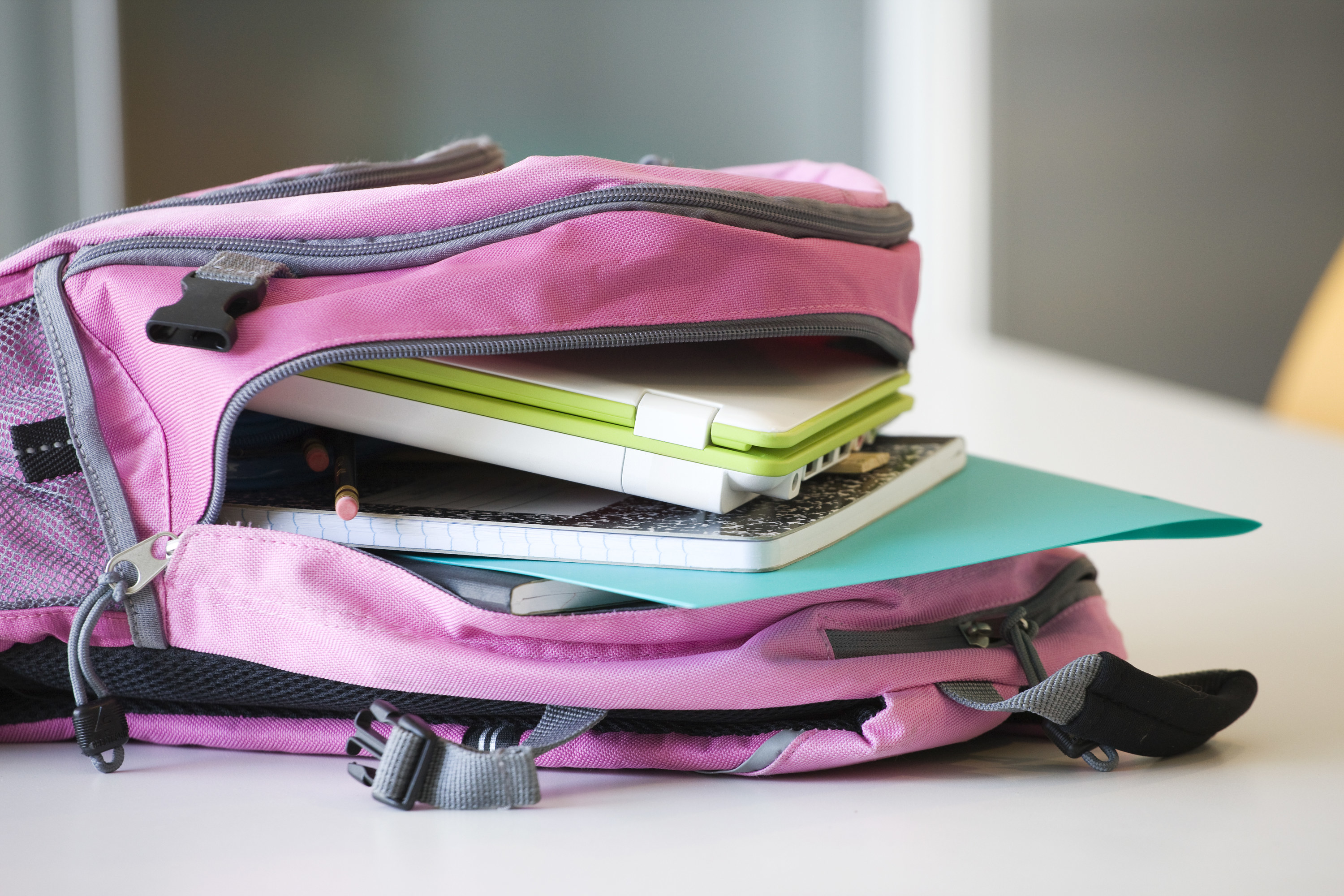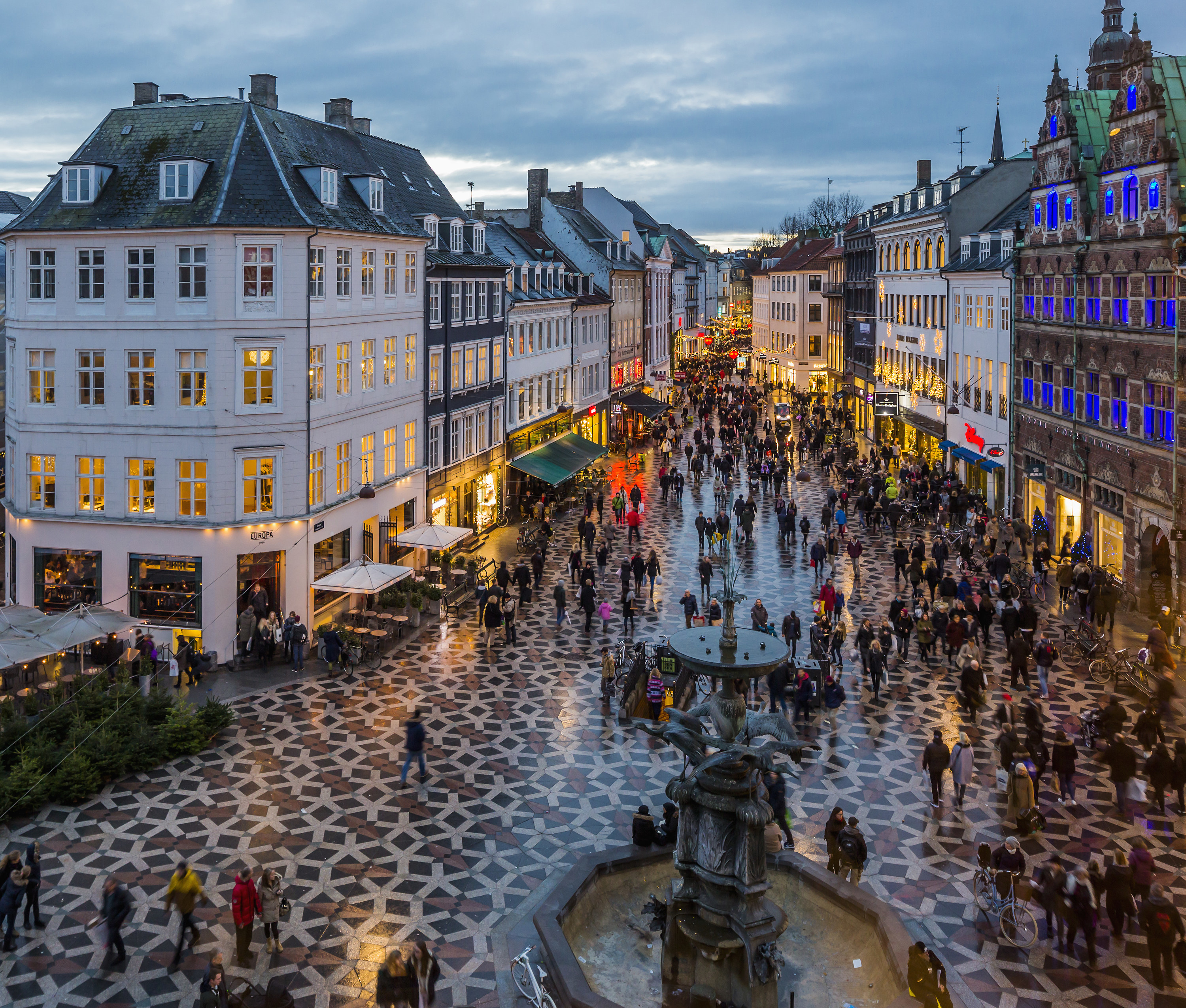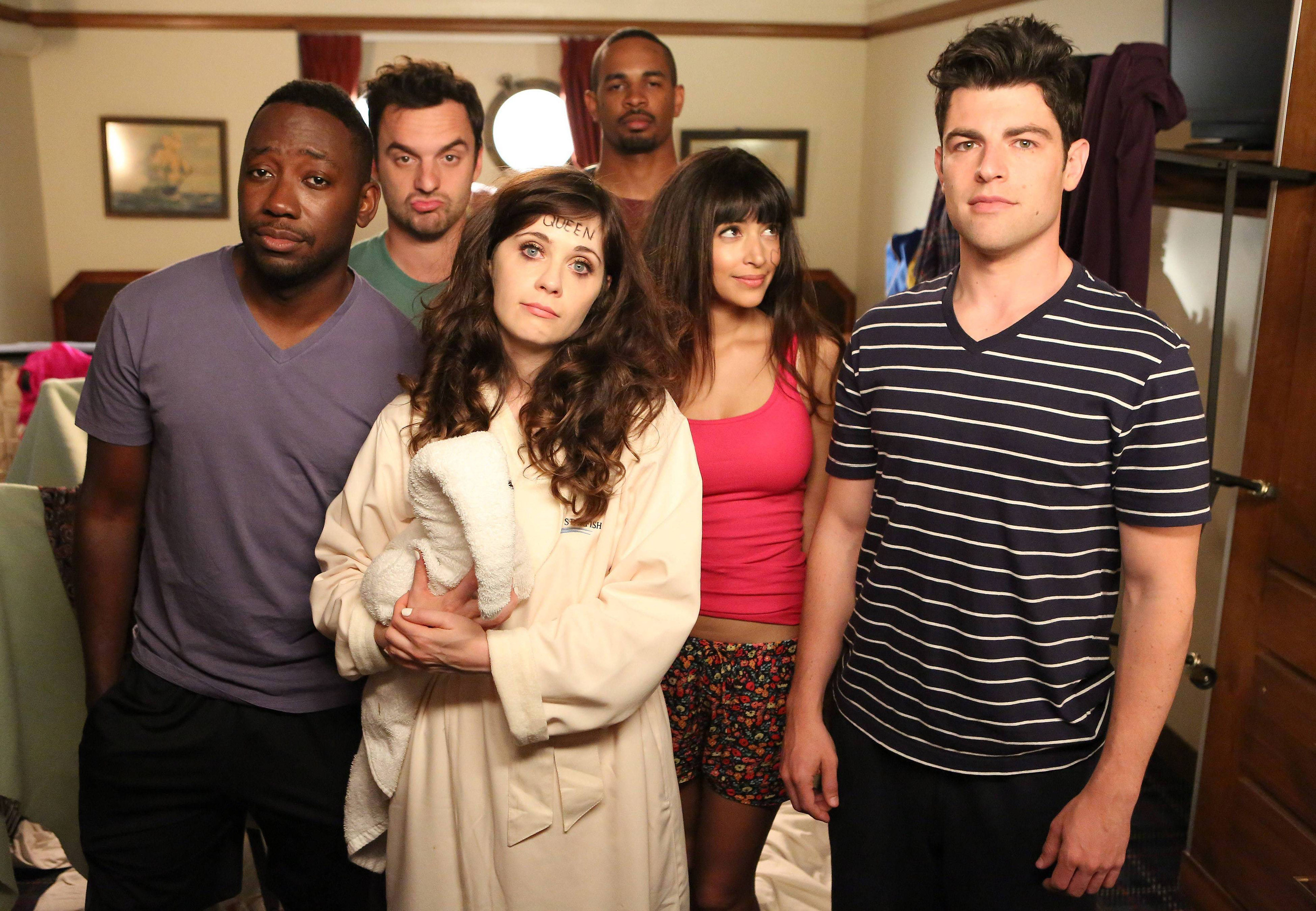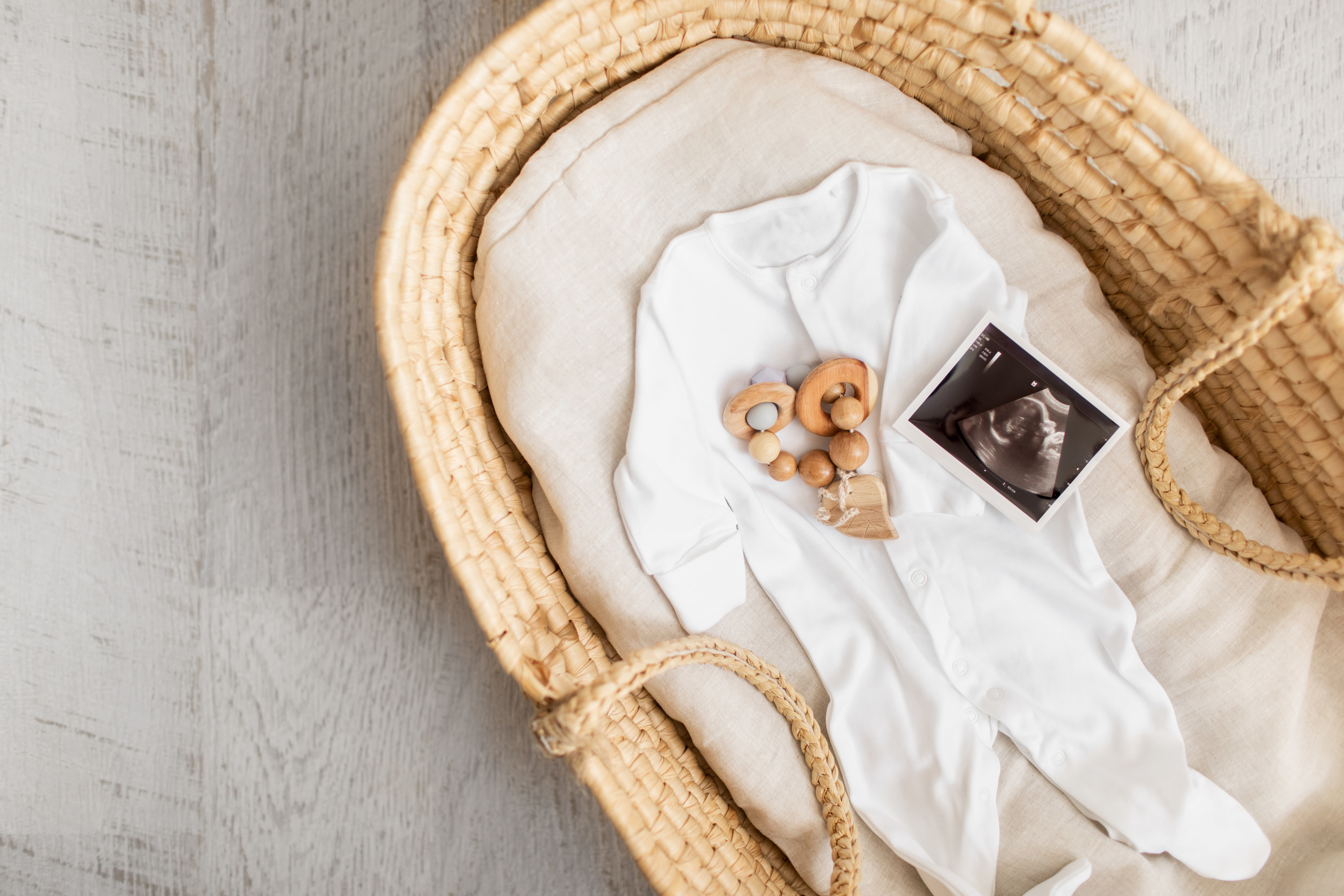Note: This post contains descriptions of racially-charged situations, including derogatory language.
And before getting to the responses below, it's important to note that the significance of this question is not meant to enable apologists or pat people on the back for being decent humans — but to reinforce the necessity of anti-racism and the possibility for unlearning and change.
You may notice that a lot of the responses revolve around: education and curriculum, such as the accurate teaching of Black history and American slavery; and white flight and segregation, including how cities and communities are becoming more racially homogenous, and school segregation and educational inequality.
Some touch upon diverse media representation, wherein racial imagery in media affects the viewer and society; internalized racism, which can also manifest as non-white individuals self-identifying as white; interrupting biases, by calling people in or out; and unlearning fundamental beliefs (amongst others). These are all actions or issues that have been acknowledged to effectively address racism.
All that being said, here are 17 ways in which people realized they were racist and chose to change:
1. "I don't even know where to start. I grew up in middle-of-nowhere Mississippi, where the slave trade was referred to as 'the great African migration' in our history books. Every person of color was referred to by the N-word by default. It wasn't until I moved out of the South that I began to comprehend racism. I wish I could say I had a moment of clarity that washed away all the racist bullshit I'd grown up with, but it was more like a couple of decades worth of mental deprogramming I had to fight against."

2. "When I was wounded in Iraq, two white guys stepped over me — one literally stepped on my back — to get themselves to a safer place. A Black guy picked me up like I was a child, carried me to safety, and held my hand until a medic got there."
3. "My dad would make disparaging remarks about Black, Mexican, and Chinese people when I was a kid. I remember repeating those same sentiments, and no one ever corrected me. In first grade, we were all assigned pen pals from a school in another city. My pen pal was a Black girl named Chardonnay. I thought she had a weird name, and I was disappointed when I found out she wasn't white. Very soon after that, we learned some very basic info about the civil rights movement during Black History Month."
"We learned about Martin Luther King, Jr., Rosa Parks, separate water fountains, segregated schools — stuff like that. After, I felt really bad about being racist and wanting a different pen pal, and really ashamed of my dad and grandparents for thinking that way. And I was so mad that they'd taught me to think that way.
Then, I was really happy to have the opportunity to write to my pen pal and get to know her better. I'm so thankful that my school started teaching us about racism early on. It's scary to think how I could have ended up if those sentiments had gone unchecked." —u/H0lyThr0wawayBatman
4. "From birth, I was raised to be racist. I was ignorant. I used the N-word and antisemitic, homophobic, racist language every day. Then I started middle school. Another girl and I had identical backpacks and accidentally grabbed each other's bags on the first day of class. I’m 42 years old, and I remember this like it was yesterday. We met quickly to exchange our bags, and, internally, I rolled my eyes in disgust. This girl was an N-word, but I was taught to never let it show. Then I noticed she wore glasses the same shape as mine. She also wore her hair in a ponytail, just like mine. In our back-to-school shopping, we picked the exact same backpack, and we picked the exact same pink and white Nikes."

5. "My best friend’s parents had told her not to touch me because she would get my 'skin disease' (I’m a brownie) when we met at age 12. They didn’t want us to be friends, but I would always be kind and polite to them, full well knowing how they felt about my skin color. We eventually became best friends, and one year, she planned a sleepover birthday party. Her parents said I could come but couldn’t sleep over. My friend canceled her party, and her parents must have felt like complete shit because they started to talk to me more and more after that."
"We have been best friends for almost 30 years now. Her parents came to my wedding, they send me a Christmas card every year, they call me and ask how I’m doing, and they invite me to their get-togethers. I’m glad they came around and am proud of them." —u/Appledoo
6. "My first name is one of the top five female African American names in the US. I’m whiter than the little mermaid. Everyone thought it was funny, and I just rolled with it. I would throw around causally racist stuff all the time because I thought I could. I never understood what people meant by 'institutional racism' until I got out of the Army and started sending out resumes. I never got callbacks. So, I decided to submit my resumes in person instead of online. For every resume that I dropped off in person, I always got a call for an interview."

7. "I inherited a lot of poor opinions and behaviors from my dad and his family. It took me way too long to break out of that way of thinking. There are two key moments in my mind that made me step back and realize it wasn't right. The real wake-up call was the second: My partner and I were having a little double date with some friends, and we both cracked a tasteless, racist joke. My best friend's wife turned to my girlfriend and said, 'I expect this from him, but not from you.'"
"The first key moment for me was when I was walking down the street in a nightlife area. A car drove past an Indonesian restaurant, and there was a man was hanging out of the car the window screaming, 'GOOK!' at the restaurant employees. I remember thinking that it was fucked up and the employees were just doing their thing.
But during the second moment, I was really shown that my behavior was unacceptable and insulting, and, worst of all, people just expected it from me. Since then, I have worked hard to reevaluate my behavior and view my actions from a critical perspective. It's been tough, but I think I'm better for it." —u/supergalacticcaptain
8. "My situation was complicated growing up. My father was the son of an Italian immigrant with Egyptian roots. Despite having dark brown skin and eyes, with black, kinked, and curly hair, he considered himself white. And he was so ungodly racist towards anyone not considered white, even though he looked EXACTLY like the people he was racist against. I admit, as a kid, I repeated his words. It wasn't until I was literally in my 30s did I realize the internalized racism I held on to. When I moved to northern Europe, I realized I'm not considered white and experienced racism myself. And I began to dismantle my entire thought process."

9. "The Army forced me to live with Black people. Turns out, I didn't hate anyone. I was just afraid of what I didn't understand and had some very stupid notions passed on to me from my dad and his dipshit friends."
"I will forever be grateful for the opportunity to understand a greater sample of people than my tiny hometown afforded me." —u/dmdewd
10. "My first roommate out of college grew up in rural Pennsylvania, and she told me that watching New Girl made her less racist. Her parents were super racist and her brother was a literal neo-Nazi convicted of a hate crime, but watching the show in her teens showed her people of different races having normal and positive interactions. She said it was mind-blowing because her parents literally taught her it was impossible. That opened her up to meeting all different types of people."

11. "My dad told me he was 'raised racist by racists who didn't understand,' I guess, as a way to soften the blow of saying his parents were racists. Then he went to Vietnam. The Black guys in his unit missed their girlfriends and mothers the same as he did. They got scared and angry the same as he did. And they bled the same as he did."
"That was the beginning of him realizing we were all pretty much the same." —u/shinyrox
12. "My dad was racist. I was raised in a toxic environment, and some of his ideologies rubbed off on me. He was also violent when alcohol was involved. Police would often arrest him just to get him in a cell for the night for being disorderly. On one occasion, the police turned up, and one officer came into my room and sat with me as they dealt with my dad. He asked how I was, who I could talk to, etc. He was from a South Asian background. He was very kind to me and did his best in calming me down and giving me advice on dealing with this stuff. I was only about 15 at the time."
"As they were pulling my dad out, that same police officer was attacked by my dad, who had just broken free from another officer. My dad broke this officer's finger in the process, whilst also hurling verbal, racial abuse at him. It wasn't long after the London bombings, so you can imagine what was said. My dad was also an electrician in Russell Square at the time, close to one of the blasts. The officer didn't react, probably knowing I was watching the commotion from my room or just because he was a decent human being.
My dad was convicted of multiple offenses against a police officer as well as a hate crime. The only silver lining was as my dad was being sentenced, the prosecutor was a Black man who casually read out what my dad said that night from the testimony of the arresting officer. The prosecutor could barely keep a straight face, watching my dad hold his head in shame, dressed in plastic overalls because he thought stuffing his clothes down the toilet of his jail cell and flooding the place would be funny. Anyway, he relapsed a few years ago and can barely walk or talk because of multiple strokes from continued alcohol dependency.
Ultimately, the people responsible for protecting me from my dad were people of color. That sure as hell changes your perspective on things even if you have the slightest ignorance towards another race." —u/Mxdoo
13. "My great aunt had lived her whole life in New Zealand and admitted to me that she was racist against Māori people. Way back in the day, she and her husband bought a house on what (they didn't realize) was sacred Māori land. They were the first people on the street, but it was eventually filled up. Over the years, they had lots of run-ins with the elders and protesters. This tension only worsened her ideas of the Māori people. She said that one day the Holy Spirit told her to learn the Māori language. She said she resisted the thought for a long time but eventually decided to."

14. "I didn't realize I was racist and being raised in a racist household until fourth grade. For a presentation, I was placed in a group with two Black girls. My parents hated Black women — Black people in general, but especially women. Meanwhile, there I was, watching my groupmates present. They were just as good as me, if not better, at speaking. And understanding the material. And anything really. I can still see that moment where the class fades away in my mind while one of my groupmates talks to the class when I realize a fundamental truth: My parents were wrong."
"It still makes me sad thinking about stuff I remember saying as a kid — regurgitating things I heard my parents or relatives say. My parents both watched tennis, so you can guess what they'd say about the Williams sisters.
In my experience, as I have gotten older, is that the #1 way to combat racism is to bring people into the same room. When people have shared experiences, that sense of otherness fades away.
Of course, in 2021, it's really easy for people to hide in their own corners of the internet, but I'm thankful for that experience in fourth grade. I got in trouble a lot over the years for getting mad when my family would throw around the N-word or lock their doors when they saw Black people. But I knew I was right. And in the decades that have passed, nothing has tarnished or taken away that childhood lesson." —u/asher1611
15. "My grandma grew up in Virginia in the 1900s. Being racist is just the default setting. Nana loved her family more than anything, though. So at one point in the late 1980s, she met her first not-100%-white grandkid and discovered she still loved him."

16. "I was 'forbidden' from being friends with my Hispanic best friend in first grade. I told her I couldn’t be friends with her anymore and the reason why, and she appeared so hurt. My parent told me that, so I didn’t know how terrible it was to say until I saw my friend’s reaction."
"We remained friends throughout primary school. But as an adult, it hurts my heart that a little child had to hear from their friend that they couldn’t be friends because of their race." —u/asprlhtblu
17. "I grew up with a racist stepdad. Although I never actually felt hate towards anyone, I would laugh at and repeat the jokes. Until I was kicked out at 18, the only non-white people I'd met were a Mexican family and a Black guy I was friends with from school. After being kicked out, I moved around a few times before finding a job working with developmentally disabled adults. I was hired as the white guy, as the company and employees were all born in Africa and had moved to the US. It was a cultural shock at first, but they immediately became family. They taught me how to cook, how to treat others, and their culture. They even made sure to teach me how they were treated in public by citizens and police."
"Since that job, I haven't made or laughed at a single racist joke. I've made sure to look at everyone the same way no matter, and I've made sure to try and help others understand how their actions may not be racist but they can still be hurtful.
I've met so many beautiful people that I wouldn't have had the chance to talk to had I followed that influence growing up. If anyone who has any racist thoughts is reading this, please just sit down and have a meal with someone. You'll be surprised how much you have in common while also having such different lives." —u/drop0dead
Were you surprised by any of these responses, or do you have your own experience or thoughts you'd like to share? Tell us in the comments below!
Note: Responses have been edited for length/clarity.
For further resources, here are the pieces linked in the intro (and more):
• "How Textbooks Taught White Supremacy" by Liz Mineo via the Harvard Gazette
• "Teaching Hard History" by Kate Shuster via the Southern Poverty Law Center (SPLC) (find the textbook PDF here)
• "How History Textbooks Reflect America’s Refusal To Reckon With Slavery" by Cynthia Greenlee via Vox
• "White Flight Never Ended" by Alana Semuels via The Atlantic
• "Still Separate, Still Unequal: Teaching About School Segregation And Educational Inequality" by Keith Meatto via the New York Times
• "How Racial Stereotypes In Popular Media Affect People — And What Hollywood Can Do To Become More Inclusive" by Nancy Wang Yuen via the Scholars Strategy Network (find her book here)
• "When to Call Someone Out Or Call Them In Over Racist Behavior" by Tiffany Jewell via KQED (find her book here)
• "Chapter Five | What Is Internalized Racism?" by Donna K. Bivens from the report, "Flipping the Script: White Privilege And Community Building"
• "What Is Internalized Racial Oppression And Why Don't We Study It?" by Karen D. Pyke
• "What Is The Definition Of Internalized Racism?" by Nadra Kareem Nittle via ThoughtCo
• "Why We Need To Call Out Casual Racism" by Luvvie Ajayi Jones via TED
